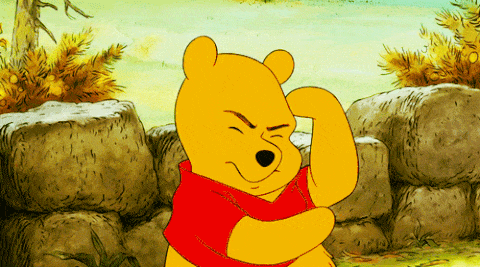Updated 28-Jun-2024
There are so many problems with China, that avoiding it seems like a valid approach, though it is entwined with so many supply chains, it is very difficult to be completely divorced from it.

That said, some choices can be made:
Chinese Technology
- Avoid Chinese technology products, especially those that have spyware such as mobile devices (Samsung is a non-chinese option, but they appear to spy as much as the Chinese).
- Avoid Chinese apps and software, such as TikTok (especially with recent security concerns)
- While we are at it, avoid Meta software, which spies on you (Whatsapp, Messenger, Facebook, Instagram)
In many cases Chinese hardware and software manufacturers have no choice but providing tracking information to the Chinese government. This includes such self-described privacy supporters such as Apple, who willingly provide data to the Chinese government.
The Chinese Government, like all entities that engage in widespread surveillance, cannot completely control the data.
Chinese Household Goods
- These should be avoided in general due to possible toxicity as well as low quality in general
Chinese Food and Food Containers
- I once bought a cheap water bottle, took it out on a ride, and the water burned my mouth after sitting in the bottle for an hour (it was my second water bottle on the bicycle). Yes, that toxic. Not only food but food-grade plastics are suspect.
- In Thailand it is easy to encounter Chinese food in stores such as Makro and Big C, even though China is two countries away and Thailand is a major agricultural producer. Check origins of fruits, vegetables, meats and fish, etc.
- China is the world's largest user of pesticides using 30% of the global total on 9% of the land.
- Food safety in China is under immense pressure including pathogenic microorganisms, toxic animals and plants entering the food supply, and chemical contamination. Meanwhile, two growing food safety issues are illegal additives and contamination of the food supply by toxic industrial waste.
- Ten percent of agricultural land is contaminated with heavy metals, sewage is used for watering crops (due to water scarcity).
- China is known for fake food scams, including deadly outcomes of fake baby formula and other heavily adulterated foods, including bleached mushrooms.
- China has a heavy use of antibiotics in food production, which translates into antibiotic-resistant bacteria, an increasing problem not only in China but also India.
Decoupling of China
China is becoming more and more xenophobic over the years, and used Covid-19 as an excuse to expel nearly all foreigners, including thousands of teachers, and even goes so far as to ban remote online tutoring.
The United States has banned all products made with forced labor in China. China denies forced labor, but a data leak provides incontrovertible direct evidence including communication between the Communist Party leadership and those executing the policies in Xinjiang.
It is obvious that the Chinese government is not a good global citizen, and will not bow to any pressure to change its ways. It will not take the blame for anything it has caused, but merely repeat propaganda.
The only solution is to decouple and avoid China.